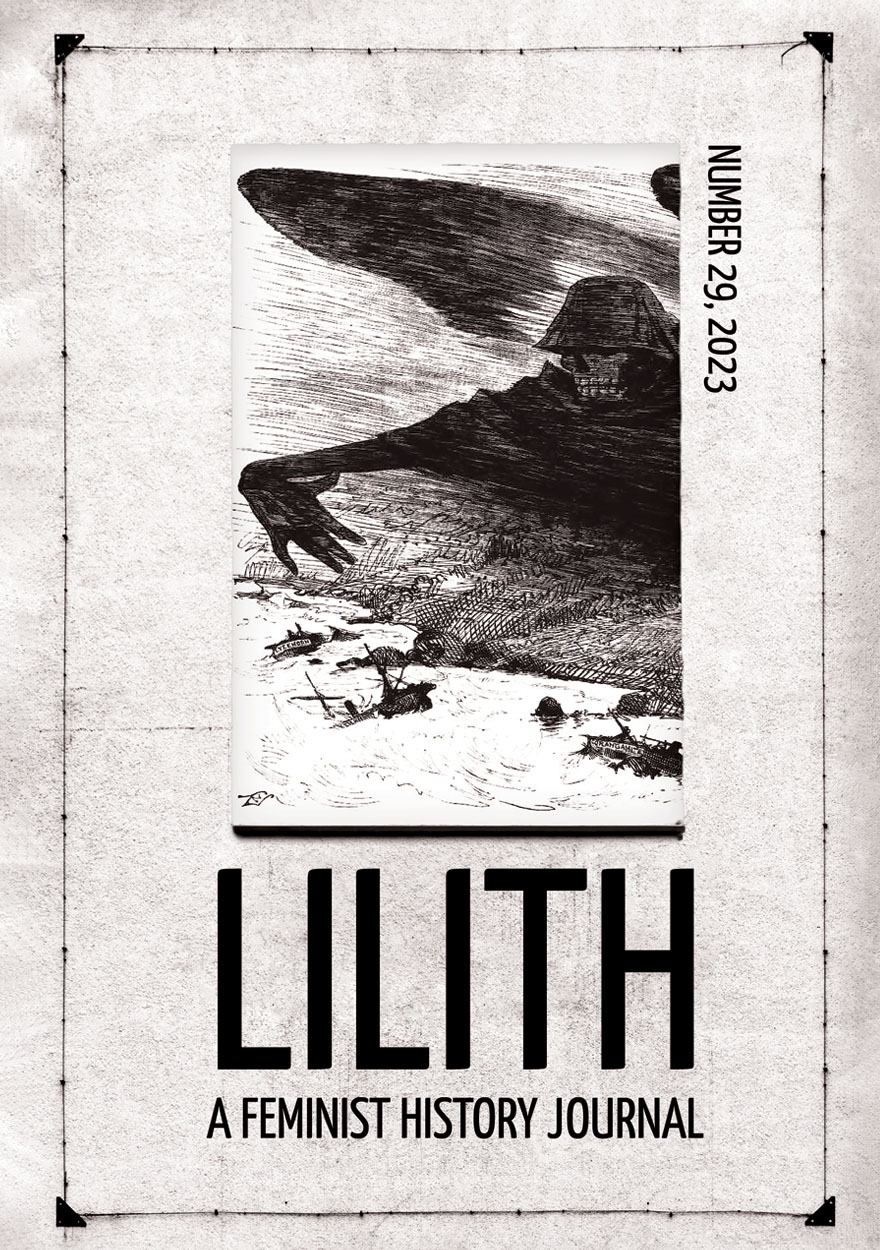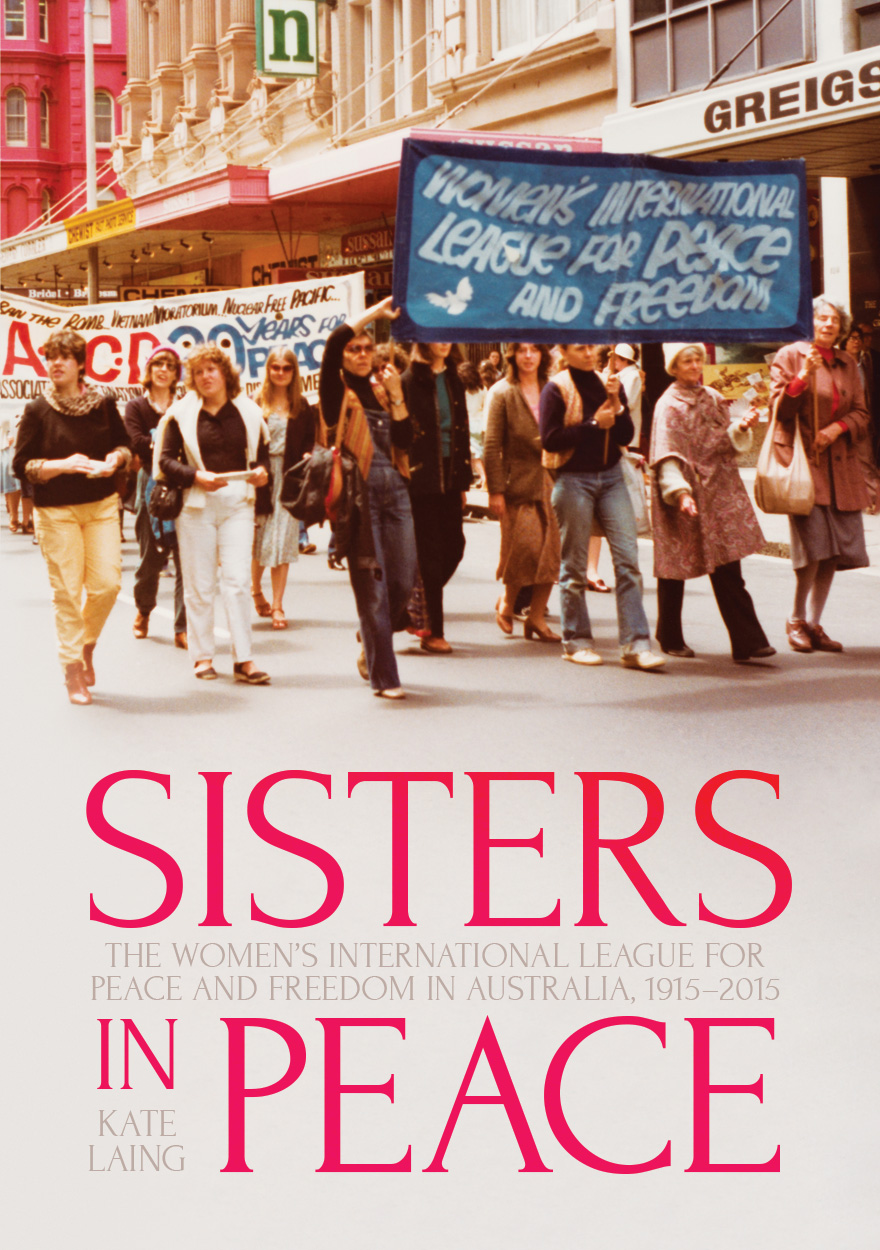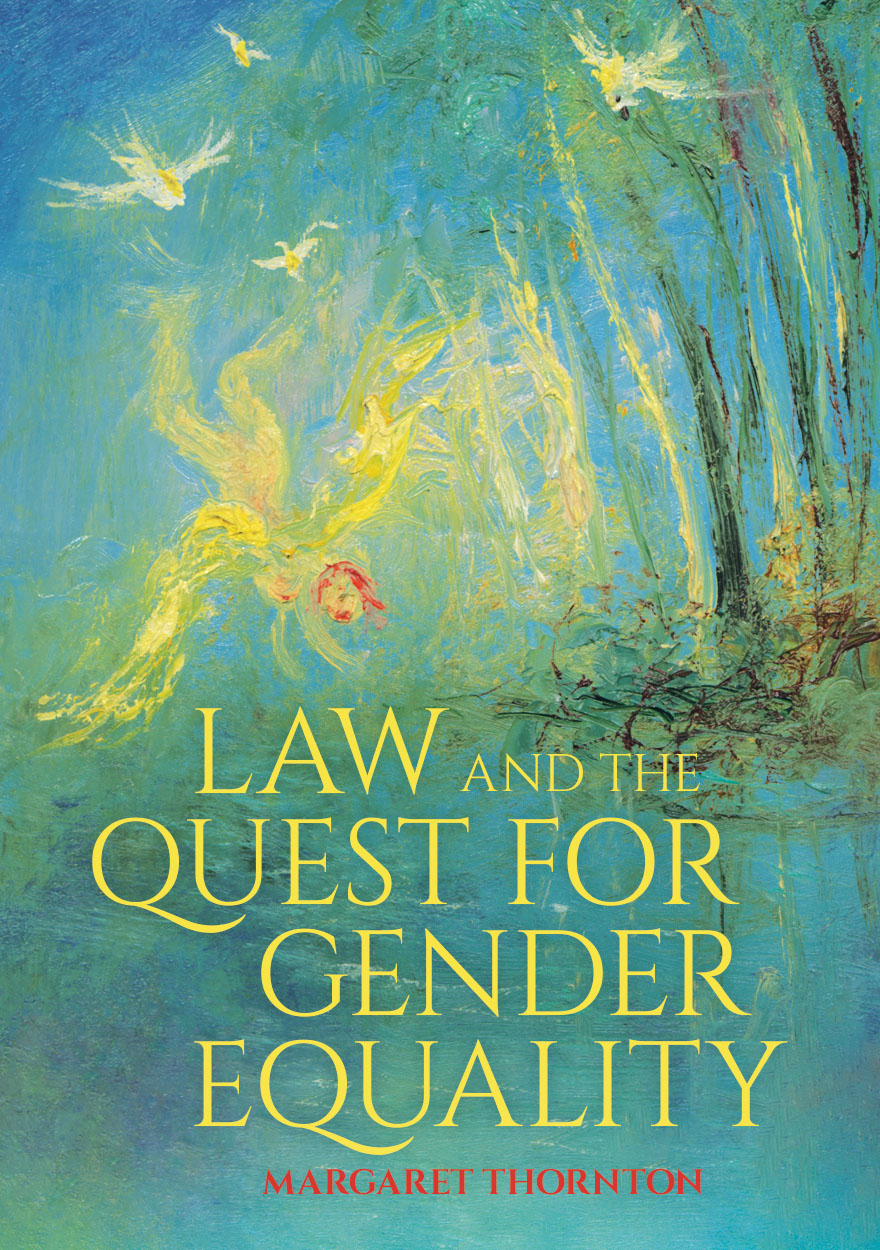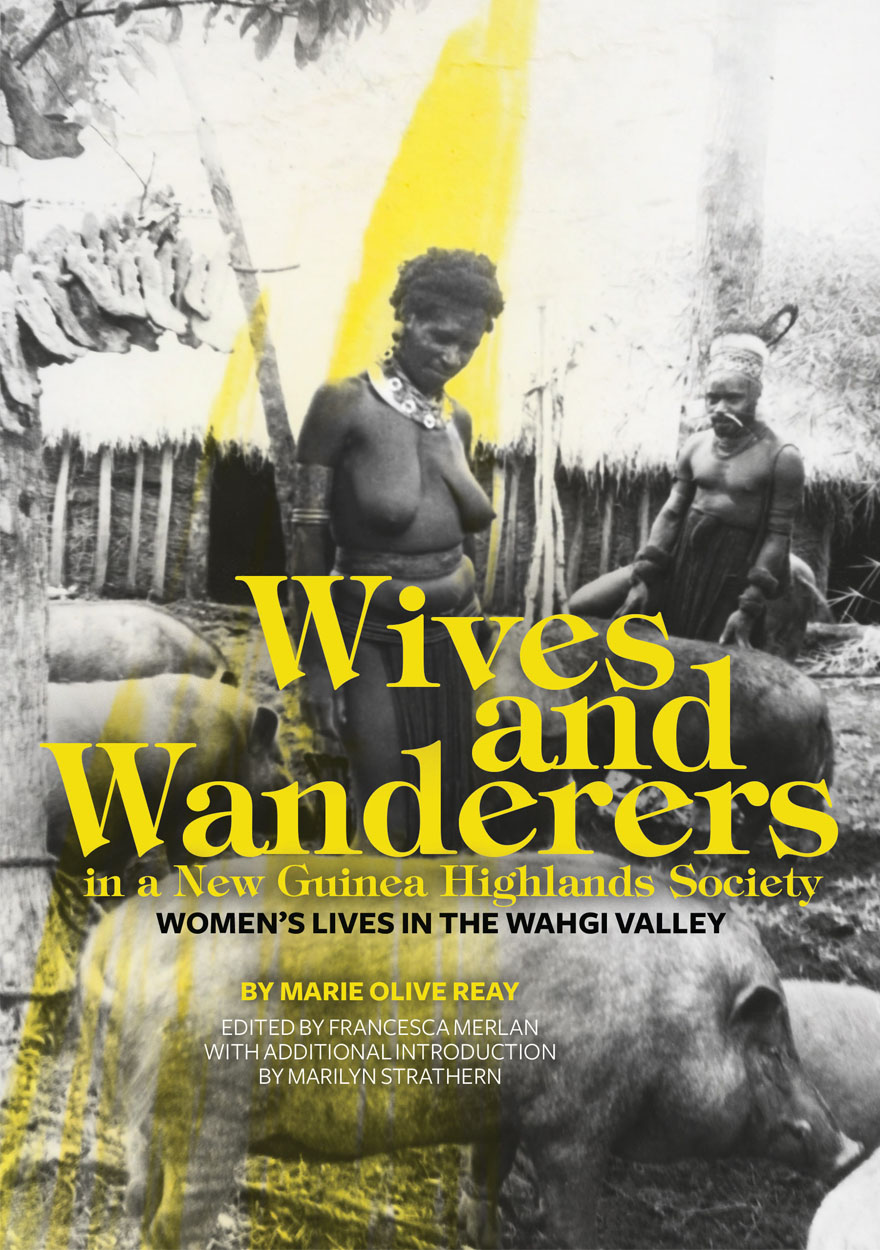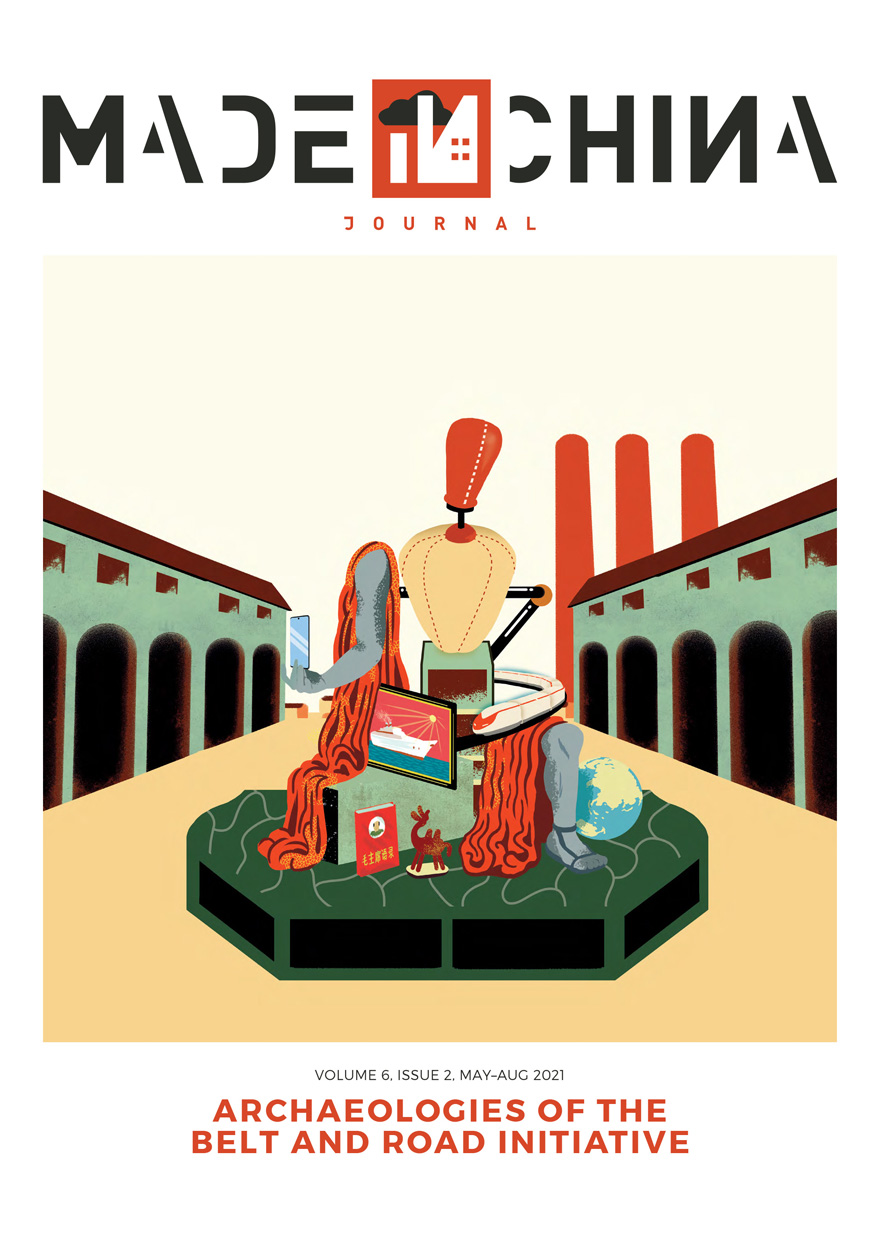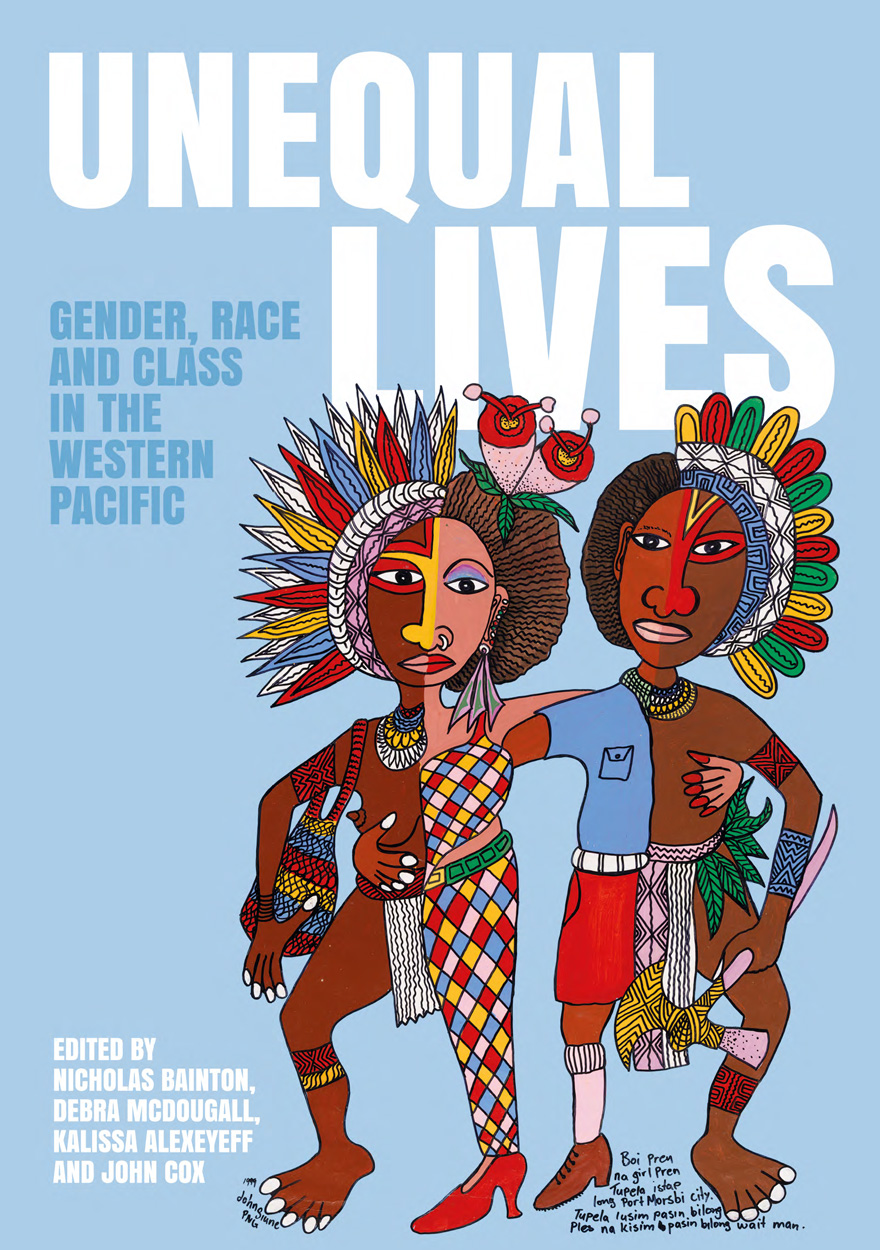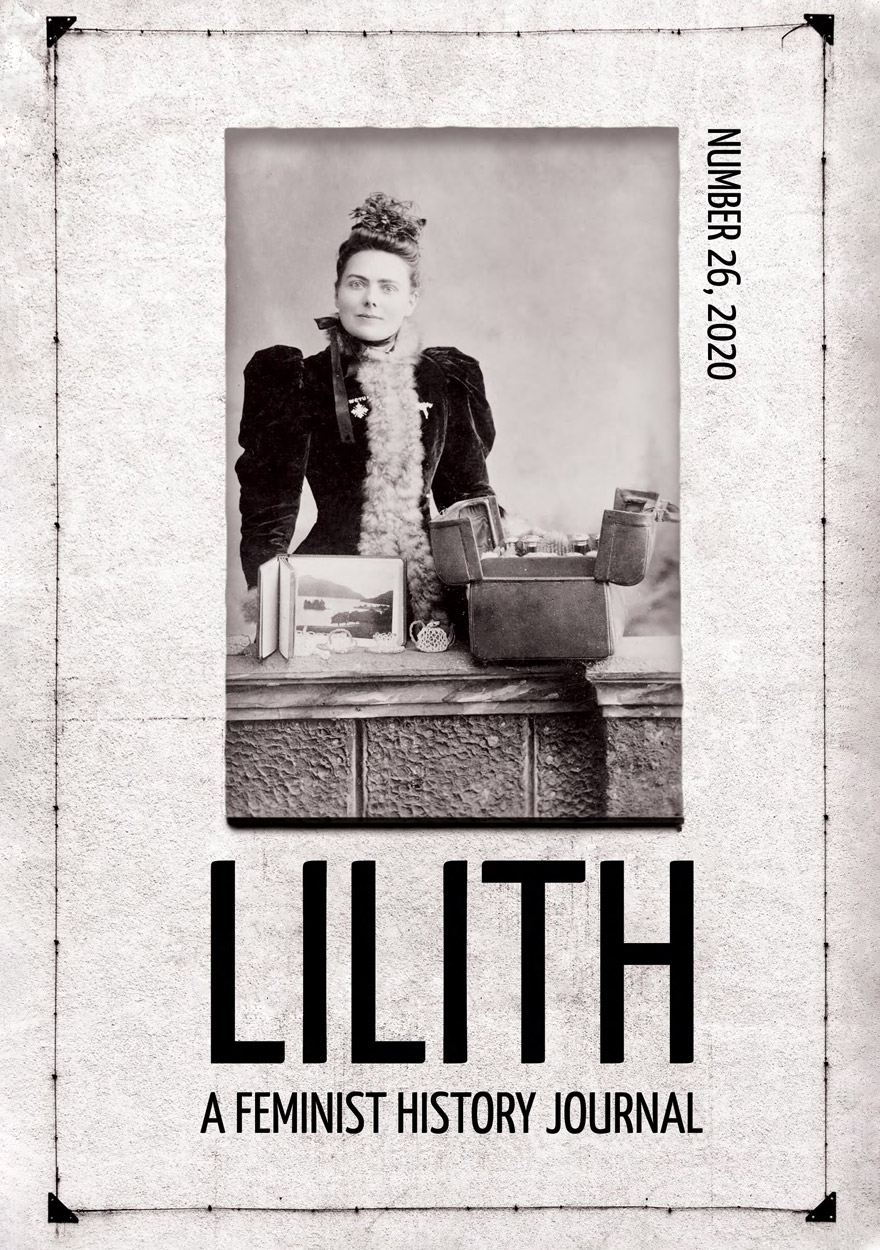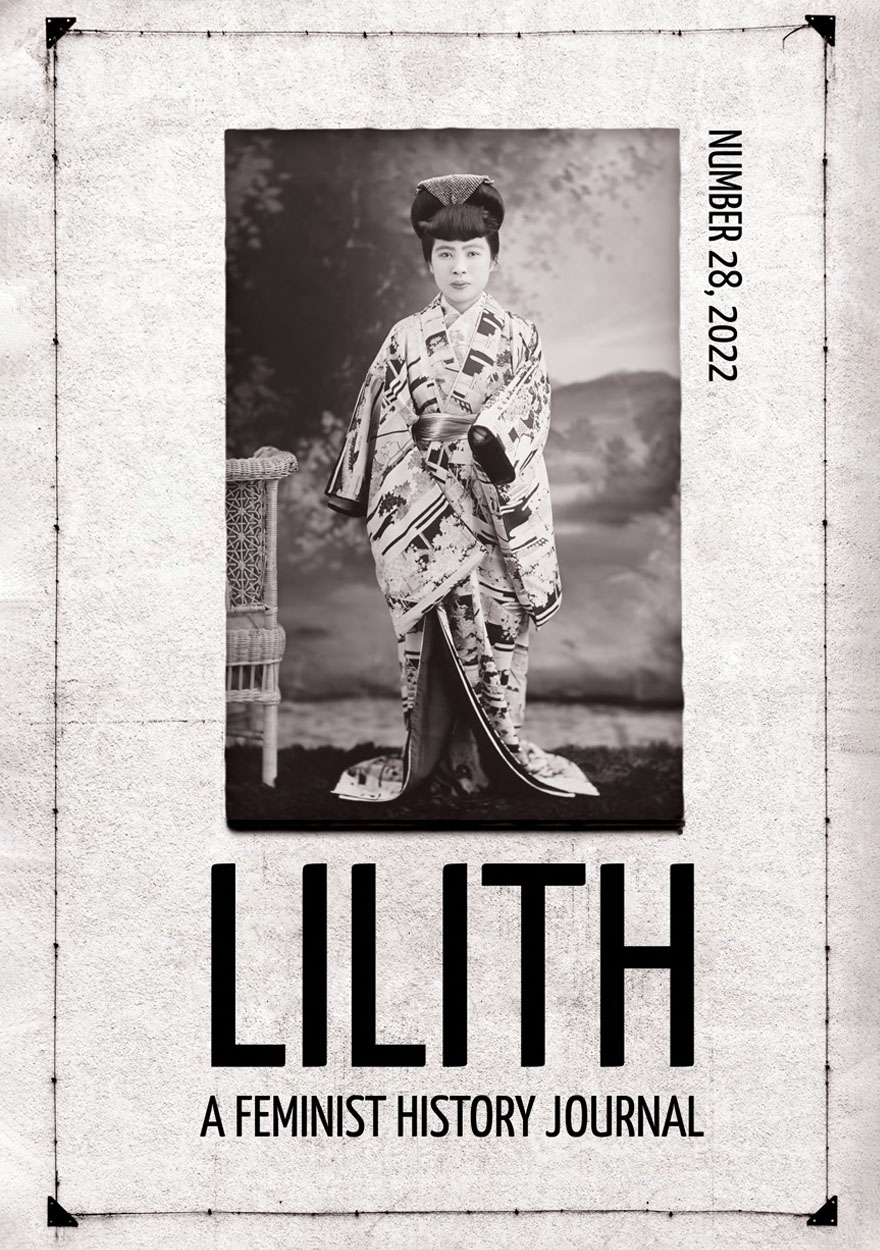
Lilith: A Feminist History Journal: Number 28
Please read Conditions of use before downloading the formats.
Description
New research in this issue of Lilith includes studies of feminist vegetarian activism in Victorian England; the lives of Japanese businesswomen in North Queensland before 1941; negotiations of gender amongst women combatants in Tigray, Ethiopia; and the impacts of the Covid-19 pandemic on women. Each of the four research articles draws upon new sources and interpretations that shed light on the varied experiences of women within and beyond Australia, often challenging established norms or assumptions about progress.
In ‘Vegetarians, Vivisection and Violationism’, Ruby Ekkel explores the centrality of vegetarianism to the activities and lived experience of noted Victorian activist Anna Kingsford. Tianna Killoran’s article ‘Sex, soap and silk’ draws on newly accessible sources in moving beyond traditional narratives that characterise Japanese women in interwar North Queensland as impoverished sex workers. In ‘A Soldier and a Woman’, Francesca Baldwin examines how women combatants in Tigray, Ethiopia, negotiated the connections and collisions between soldiering and womanhood during and after the 1974–91 civil war. Petra Brown and Tamara Kayali Browne’s article ‘Relational Autonomy: Addressing the Vulnerabilities of Women in a Global Pandemic’ explores how the individualistic/atomistic model of autonomy in responses to Covid-19 has disproportionately disadvantaged women.
This issue also contains nine short essay responses from experienced gender scholars—including Ann Curthoys, Sharon Crozier-De Rosa, Catherine Kevin, Ann McGrath, Janet Ramsey, Yves Rees, Madeleine C. Seys, Jordana Silverstein, and Zora Simic—to the question ‘What does it mean to do feminism in 2022?’ These essays reveal the political power of feminist history-making, since, as Ann Curthoys argues in her essay, feminist history is itself a form of activism.
Taken together, these research articles and essays, along with the editorial, demonstrate the fallibility of the notion of history being a narrative of linear progress without relevance to our current reality. They urge against political complacency about the Covid-19 pandemic, colonialism or women's oppression as existing only in the past.
Details
- ISSN (online):
- 2652-8436
- Publication date:
- Dec 2022
- Imprint:
- ANU Press
- DOI:
- http://doi.org/10.22459/LFHJ.28
- Journal:
- Lilith: A Feminist History Journal
- Disciplines:
- Arts & Humanities: History; Social Sciences: Gender Studies
- Countries:
- Australia; World
PDF Chapters
Lilith: A Feminist History Journal: Number 28 »
Please read Conditions of use before downloading the formats.
If your web browser doesn't automatically open these files, please download a PDF reader application such as the free Adobe Acrobat Reader.
To copy a chapter DOI link, right-click (on a PC) or control+click (on a Mac) and then select ‘Copy link location’.
Editorial
- The Problem with ‘Post-’ (PDF, 0.1MB) – Brydie Kosmina, Rachel Caines, Saskia Roberts doi
Articles
- A Soldier and a Woman: (Re)Negotiating Gender in Female Narratives of Civil Conflict in Tigray, Ethiopia (PDF, 0.2MB) – Francesca Baldwin doi
- Sex, Soap and Silk: Japanese Businesswomen in North Queensland, 1887–1941 (PDF, 0.2MB) – Tianna Killoran doi
- Relational Autonomy: Addressing the Vulnerabilities of Women in a Global Pandemic (PDF, 0.2MB) – Petra Brown and Tamara Kayali Browne doi
- Vegetarians, Vivisection and Violationism: Gender and the Non-Human Animal in Anna Kingsford’s Life and Writing (PDF, 0.2MB) – Ruby Ekkel doi
Essays: What does it mean to do feminism in 2022?
- Activism and Erasure, Preservation and Transmission (PDF, 0.1MB) – Sharon Crozier-De Rosa doi
- The Work of Feminist History (PDF, 0.1MB) – Ann Curthoys doi
- Reproductive Rights Denied and Delayed (PDF, 0.1MB) – Catherine Kevin doi
- Pandemic Pandora (PDF, 0.1MB) – Ann McGrath doi
- The Power of Memory for Feminism (PDF, 0.1MB) – Janet Ramsay doi
- Feminism beyond the Binary (PDF, 0.1MB) – Yves Rees doi
- Stitching Feminism (PDF, 0.8MB) – Madeleine C. Seys doi
- Solidarity and Justice (PDF, 0.1MB) – Jordana Silverstein doi
- Depp v. Heard: A Feminist Mea Culpa (PDF, 0.1MB) – Zora Simic doi
Reviews
- Australian Historical Association Conference 2022: ‘Urgent Histories’ (PDF, 0.1MB) – Bridget Andresen
- Save Our Sons: Women, Dissent and Conscription during the Vietnam War (PDF, 0.1MB) – Emma Carson
- Sound Citizens: Australian Women Broadcasters Claim Their Voice, 1923–1956 (PDF, 0.1MB) – Belinda Eslick
- Vera Deakin and the Red Cross (PDF, 0.1MB) – Nicola Ritchie
- My Body Keeps Your Secrets (PDF, 0.1MB) – Zoe Smith
- Banning the Bomb, Smashing the Patriarchy (PDF, 0.1MB) – Jessica Urwin
- Notes on Contributors (PDF, 0.1MB)
Other publications that may interest you





